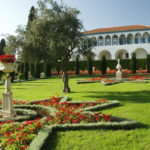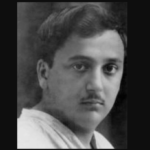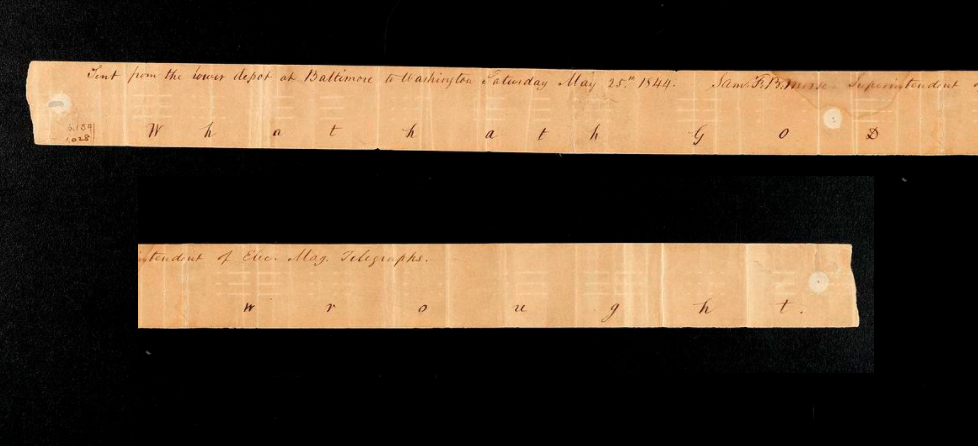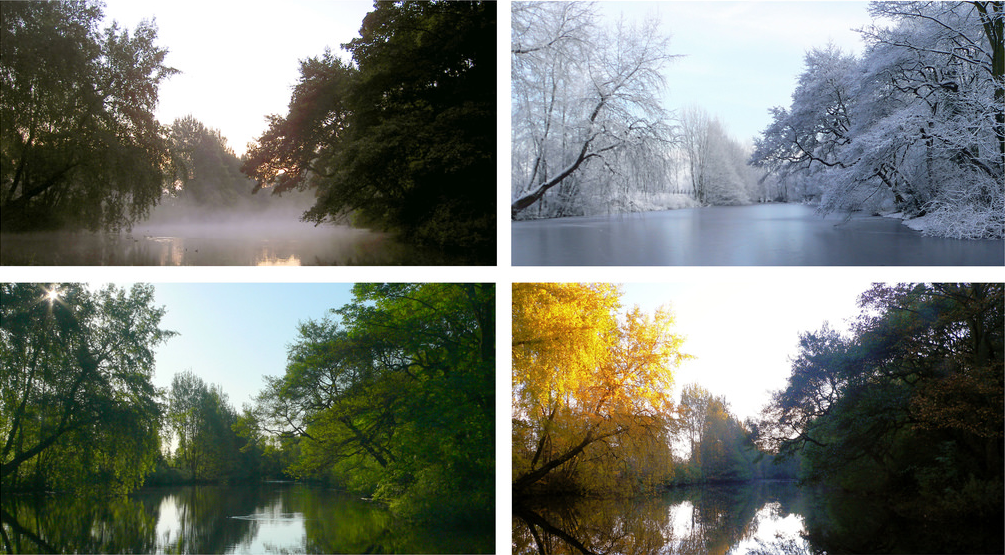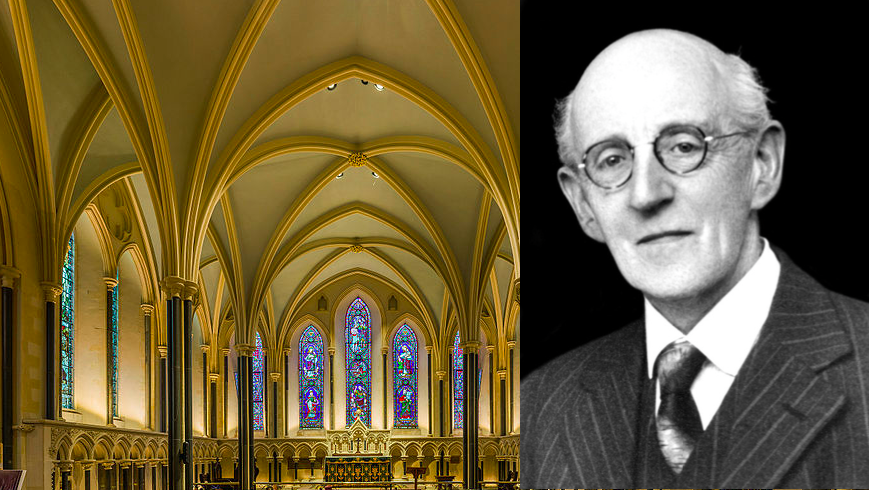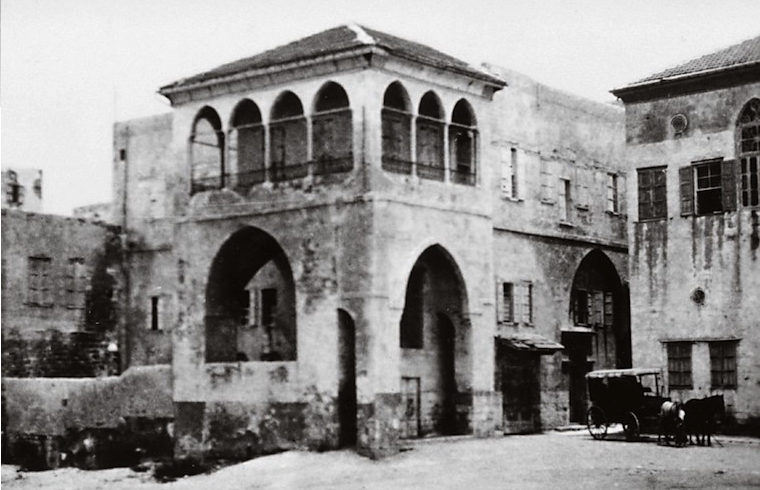
The Kitab-i-Aqdas: A Spiritual Life

In previous articles, we have considered what we mean by law, and we have looked at the process of law reform in the context of Bahá’u’lláh’s mission.
When Bahá’u’lláh and his family and followers were initially brought to Akka they had been confined in the citadel of Akka. After two years and two months and 5 days, the citadel being needed to house soldiers, Bahá’u’lláh and his followers were moved elsewhere in the city. After several more moves, Bahá’u’lláh and his family were housed in the House of Udi Khammar. The Kitab-i-Aqdas was written in the House of Udi Khammar in 1873.
Although much of the Kitab-i-Aqdas is concerned with practical laws of the kind outlined in the previous article, other parts of the text set out a pattern for a spiritual life. Bahá’u’lláh tends to simplify and eliminate religious ritual nonetheless he has set out a core of spiritual practices that connect the soul with God. These include obligatory prayer and fasting. Prayer may be undertaken in one of three forms on a daily basis. Either a short, medium or long obligatory prayer. The short obligatory prayer reads as follows:
I bear witness, O my God, that Thou hast created me to know Thee and to worship Thee. I testify, at this moment, to my powerlessness and to Thy might, to my poverty and to Thy wealth. There is none other God but Thee, the Help in Peril, the Self-Subsisting.[1]
It is a daily reminder of our individual connection with the divine. Once a year, after a short period of gift-giving, Baha’is observe 19 days of fasting. Fasting involves abstaining from food and drink between sunrise and sunset. The fast ends with a celebration of the beginning of the new Baha’i year.
In addition to prayer and fasting, Bahá’u’lláh prescribes a form of meditation, calling on his followers to recite the words “Allah-u-Abha” “God is Most Glorious” 95 times each day.
Further Bahá’u’lláh asks his followers to read the sacred texts every morning and evening.
These practices are the core religious disciplines that provide a spiritual grounding in life. In the Kitab-i-Aqdas, Bahá’u’lláh discourages individuals from going beyond these requirements and imposing on themselves asceticism or self-denial that he teaches do not foster the life of the soul.
Further such spiritual practices are incomplete – without a life lived in service to one’s fellow human beings. For worship and service are two complementary aspects of Bahá’u’lláh’s teachings.
Image Credits: The House of ‘Abbúd in ‘Akká (Acre), Israel 1905 Copyright © Bahá’í International Community. The Kitab-i-Aqdas was written in the House of Udi Khammar, which eventually formed part of the House of Abbud. The House of Udi Khammar is immediately behind the western, sea facing portion of the house.
(This article is the 149th in a series of what I hope will be 200 articles in 200 days for the 200th anniversary of the birth of Bahá’u’lláh. The anniversary is being celebrated around the world on 21 and 22 October 2017, The articles are simply my personal reflections on Bahá’u’lláh’s life and work. Any errors or inadequacies in these articles are solely my responsibility.)

